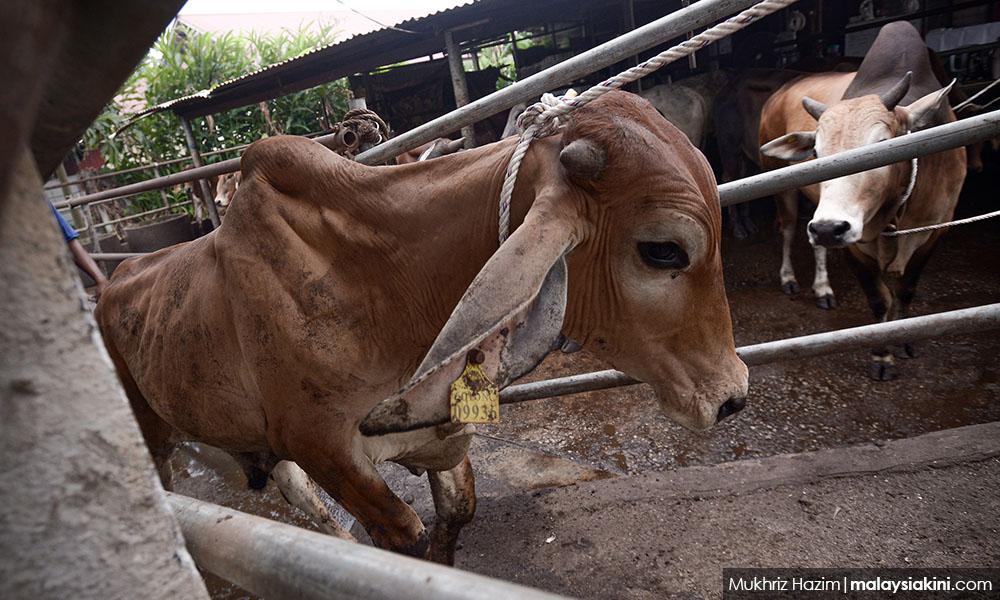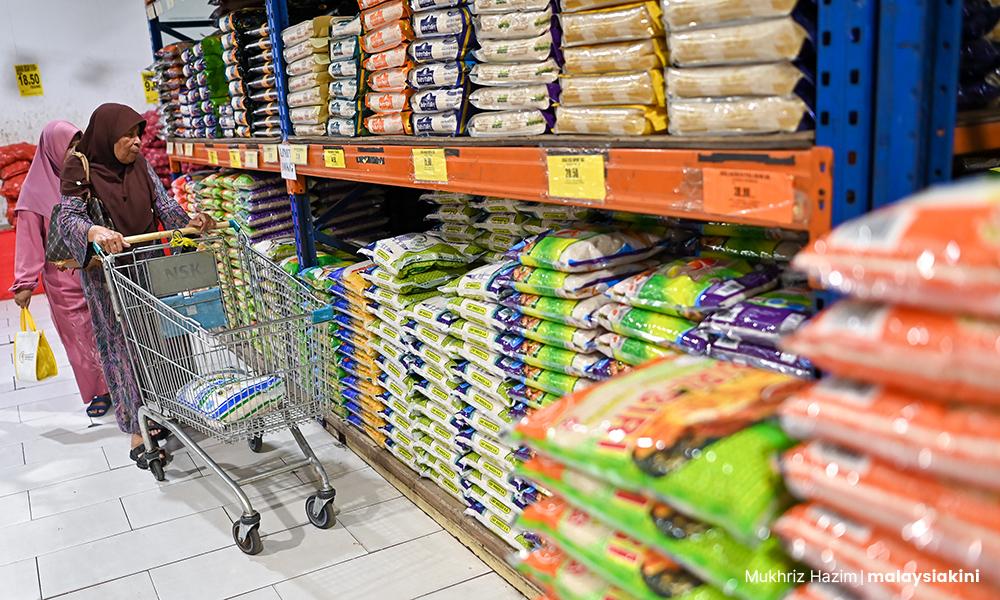INTERVIEW | Agriculture and Food Security Minister Mohamad Sabu revealed that the issue of food supply shortages, including those for livestock, might be resolved through the innovative approach of “reverse investment”.
The minister pointed out the strategy’s success in Singapore, a country leading the way in food security despite facing resource constraints.
In an interview with Malaysiakini, Mohamad revealed that the production costs of food ingredients for livestock are considerably high.
Currently, the focus is on grain corn production, a primary food source for livestock. However, the domestic production costs have proven to be relatively steep.
"Singapore, despite lacking substantial resources, has secured its position as the top country in food security by opting for external food production," he said.
For the Malaysian context, the minister suggested a thorough study and potential adoption of this approach if found to be both suitable and economically viable.

However, the Amanah president said the feasibility of the strategy would depend on the capabilities and approval of various stakeholders, including Khazanah Nasional Bhd, the Employees Provident Fund and other agencies with robust financial resources.
He added that the approval from the Finance Ministry and Economy Ministry were also crucial.
Implementing this “reverse investment” would guarantee the country's food reserves, particularly in the face of emergencies or unforeseen circumstances, said the minister.
High production costs
Elaborating, Mohamad shared that previous attempts to cultivate corn in Perlis for domestic livestock needs faced challenges due to high production costs.
This prompted the government’s consideration to look at producing the product abroad if it’s proven to be more economical.
Mohamad clarified that the idea is still in the planning stages and has not progressed to higher levels for policy and implementation.
"In the future, we have to move towards that direction,” he said.
Asked about the timeline for achieving a 100 percent food security rate in the nation, Mohamad said food crises would exist “until the end of time”.
The minister drew parallels to historical events mentioned in the Quran such as the story of Prophet Yusuf - who faced seven years of drought and the time caliph Umar al-Khattab suspended the prescribed syariah punishment for theft due to a food crisis.
Acknowledging the historical context, Mohamad emphasised that while it's impossible to guarantee the absence of future food crises, the focus should be on finding the most effective solutions.
“We cannot guarantee that the food crisis won't happen again... we can't say that. We (can) only find the best way to deal with it," he said.
Rice supply shortage
Addressing the recent issue of rice supply shortages, Mohamad attributed it to various factors, including the impacts of soaring rice prices which causes some consumers to opt for local rice instead.

He said that this caused a sudden surge in demand, affecting market supplies.
“In the eyes of the public, this imported rice is more beautiful and high quality, but when the price of imported rice soars, buyers start looking for cheaper rice.
“It just so happens that the cheap rice (option) is local rice that the government (gives) so many subsidies,” he said.
At present, said Mohamad, his ministry is dedicated to ensuring a sufficient rice supply in the future.
Efforts include introducing paddy cultivation methods used in Sekinchan, Selangor, to Kedah and Terengganu and engaging in discussions with Sabah and Sarawak to enhance their roles as significant rice-producing states.
“The private sector is also showing interest in opening new paddy fields.
“The government aims to achieve a self-sufficient rice supply in the coming years," he concluded.

No comments:
Post a Comment
Note: Only a member of this blog may post a comment.